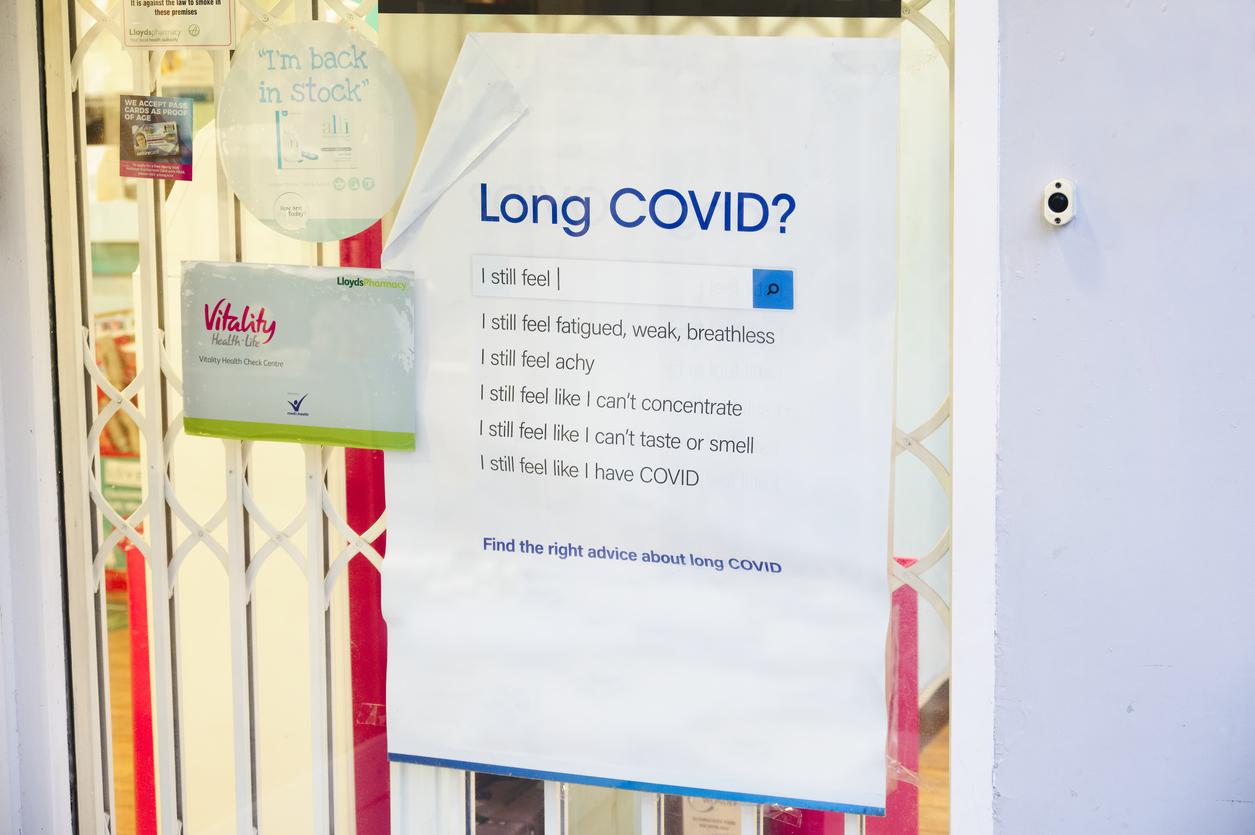A new preprint study on the preprint server medRxiv involving healthcare workers in Quebec shows that the risk of long COVID following any initial COVID-19 infection was similar among participants, cumulative risk increased with the number of infections, but reinfections were associated with a much lower risk of long COVID than a person's first infection.
The study is based on 22,496 online survey participants and 3,978 telephone survey participants who took part in a retrospective cohort study from May 16 to June 15, 2023. It has not yet been peer-reviewed.
Participants, all healthcare workers, were asked to assess self-reported COVID-19–attributed symptoms lasting at least 12 weeks, classified as mild, moderate, or severe based on perceived symptom intensity. Results were compared with COVID controls (infected participants without long COVID) and with non-COVID controls (uninfected participants).
Among all online respondents, 17.0% said they had experienced persistent symptoms following COVID-19 infections, similar to the 15.9% of telephone respondents. Forty-three percent of respondents with long COVID said their case was moderate, and 33% classified their long COVID as severe.
The most common symptoms among those with long COVID were fatigue, shortness of breath, neurocognitive symptoms, post-exertional malaise, and smell or taste disturbances.
Risk 15% after first infection, 6% after second
The cumulative risk of long COVID increased with the number of reported COVID-19 infections, rising from 13.7% (95% confidence interval [CI], 13.1% to 14.4%) for a single infection to 37.0% (95% CI, 33.0% to 40.9%) for three infections in the online survey, and from 11.8% (a single infection) to 29.5% (≥3 infections) in the telephone survey, according to the authors.
With both surveys combined, the risk of long COVID was two to three times higher after the initial infection (14.8%) than after first (5.8%) or second (5.3%) reinfections.
Severe symptoms were reported 5 to 22 times more often by long COVID cases than by COVID controls.
"Severe symptoms were reported 5 to 22 times more often by long COVID cases than by COVID controls, except for fever, cough, insomnia, anxiety, and depression (2.7 to 4.5 times)," the authors wrote.
Risk for long COVID was highest following infections with the ancestral strain and lowest after Omicron infections. However, because Omicron caused such widespread transmission, that strain was associated with the most long-COVID cases.
"Our study indicates that long COVID risk is roughly two thirds lower following reinfection compared to first infection," the authors said. "This may be partly related to greater host-specific resistance among individuals who did not have long COVID following their first episode."



















